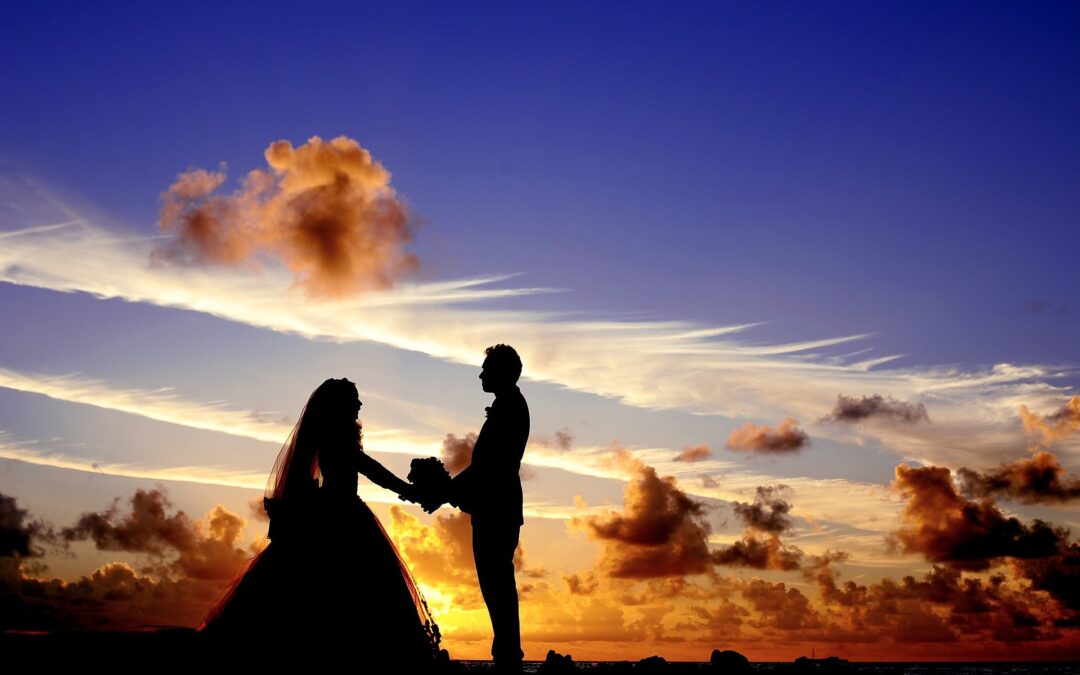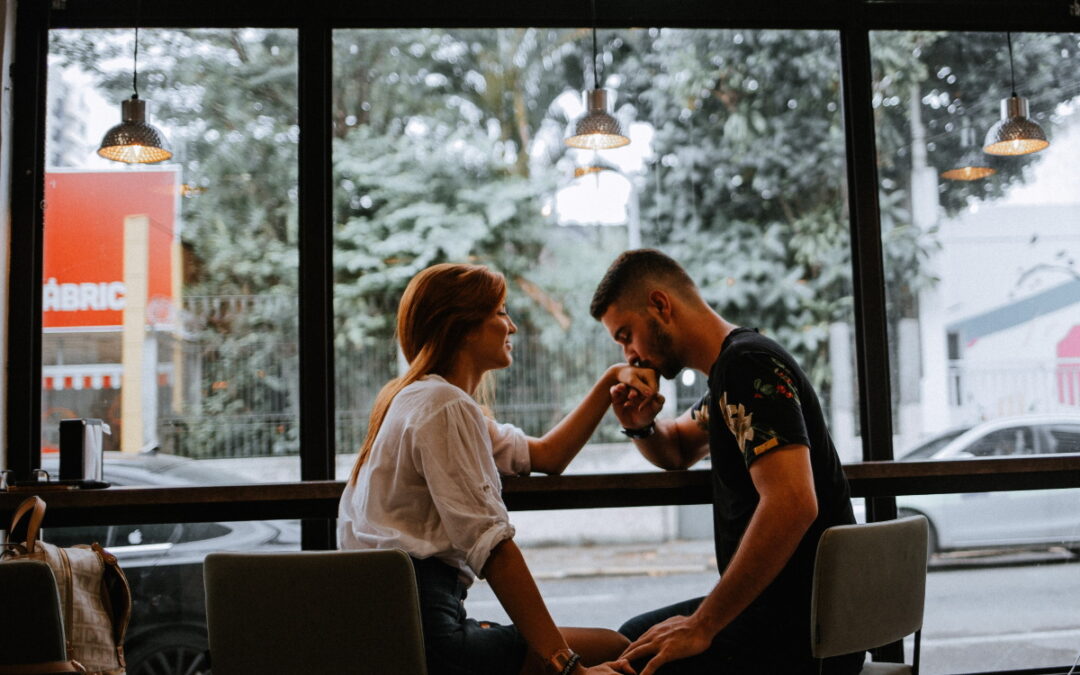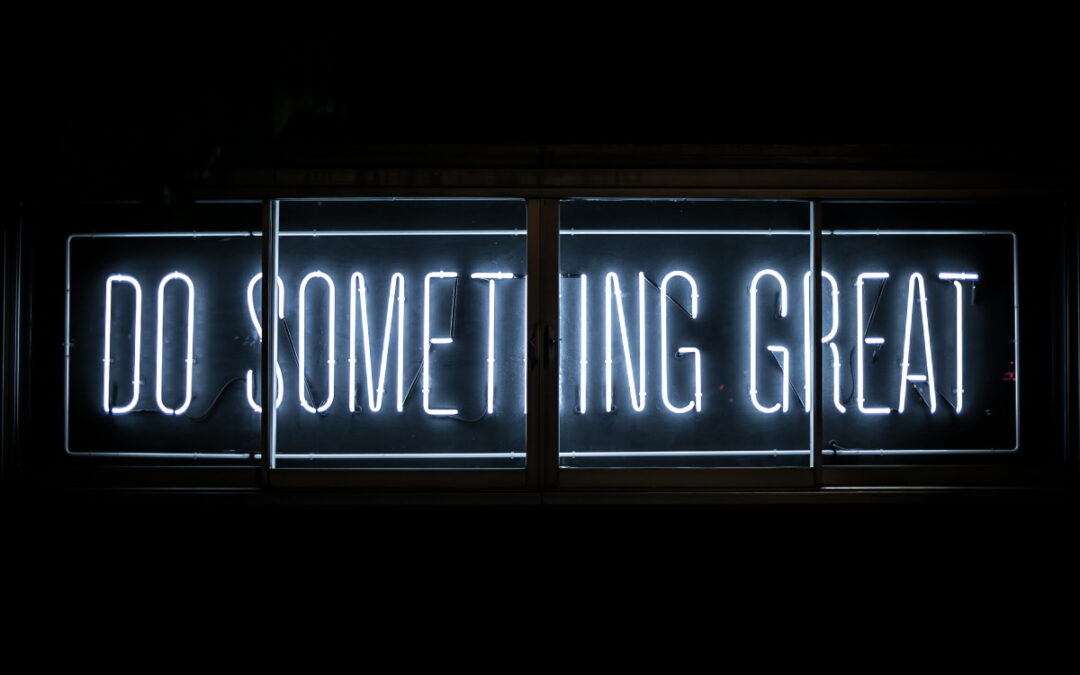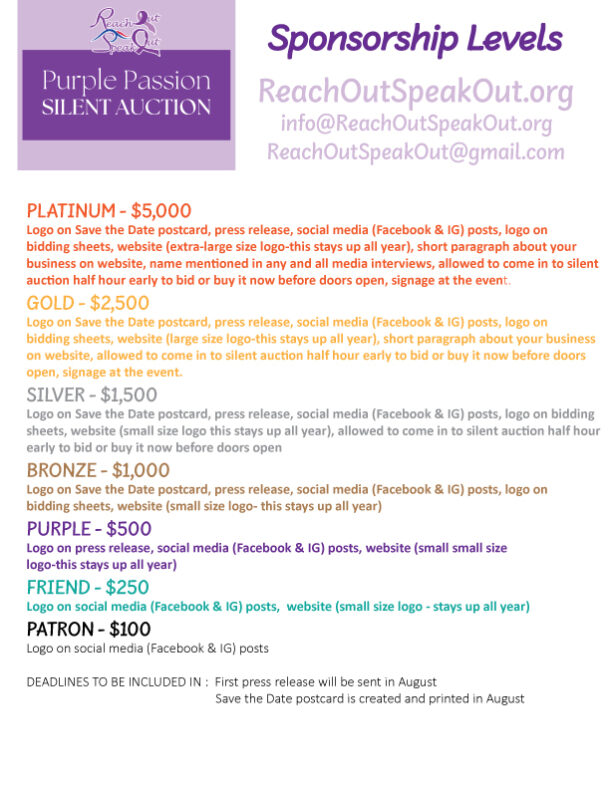
by Anonymous Survivor | May 23, 2021 | Domestic Violence, Leaving, Popular Culture
Hi, it’s Sunshine again. It has been quite a while since my first post on Should I Stay or Should I Go? went up. I ended that post with this word: Codependence. It’s Embarrassing. And frightening and a lot of other hard, negative “ing” words. I...

by Jan Porter | Feb 1, 2021 | Domestic Violence, Popular Culture
LOVE SHOULDN’T HURT There was a movie that came on in 1970 called “Love Story.” A typical romantic movie. But there was a line that became famous from the movie. Love means never having to say I’m sorry. This sounds magical and if you are in a dream world will...

by Shelby Ketchen | Feb 22, 2020 | Domestic Violence, Popular Culture
Love Shouldn’t Hurt Do you or do you know someone that is dating and you just don’t feel comfortable with the relationship? Whether it is your own relationship or a friend that you see changing, take a moment to read some of the warning signs of dating violence...

by Jan Porter | Feb 14, 2020 | Domestic Violence, Holidays, Popular Culture
Before going out on a date with someone, think about these verses. If your date does not demonstrate and treat you like the Bible says they should, there shouldn’t be a second date. 1 Corinthians 15:33 (NIV) 33 Do not be misled: “Bad company corrupts good...

by Jan Porter | Jan 27, 2020 | Domestic Violence, Popular Culture
BE THE CHANGE IN 2020 What will you do to help Reach Out Speak Out? You don’t know much about domestic violence and you have never experienced abuse? Here are some statistics that will educate you to why it is very important. 3 women die every day because of...
by Shelby Ketchen | Mar 6, 2019 | Domestic Violence, Popular Culture
The impact of popular culture on domestic violence is not something to which I had honestly given a lot of thought. Even though I’m a survivor. A couple of weeks ago, though, the movie “Grease” was being played. And it got me thinking. I have always...







